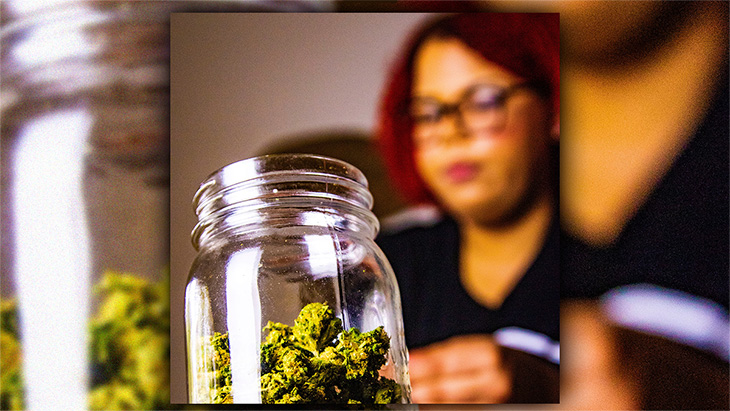
Despite being the first state in the nation to approve adult-use marijuana possession and sales, Coloradoans – including registered patients – still lack any workplace protections.
Legislation was filed in Colorado (House Bill 1152) earlier this year to change that. As initially introduced, the measure sought to limit employers’ ability to sanction employees for their off-the-job cannabis use, and also sought to allow certain medical patients to be accommodated while on the job. The enactment of this latter provision would have been a first for any state in the nation.
However, within weeks of filing the bill, state Rep. Edie Hooton has publicly said that she intends to scrap it. Instead, now she says that she will propose that state officials convene a coalition of employers, medical cannabis users and prescribers to study the workplace testing issue. Updated text for this legislation is still pending.
“I knew it was going to change,” Hooton said. “I don’t want to be in opposition with organized labor or employers, like the Chamber of Commerce or organized business interests.”
Several employer groups had opposed Hooton’s initial bill, including the state Chamber of Commerce and the Colorado Mining Association.
Colorado NORML is among those groups that remains committed to the enactment of legislation that ends workplace discrimination against cannabis consumers. Colorado NORML’s Executive Director Ashley Weber says, “Improving Colorado’s policies surrounding workplace testing is integral to the continued improvement of the state’s policy. We are hopeful to be able to bring back some of the important protections that were included in the original bill or updates on the lawful off-duty activity in statute from 1990. We were the first state to legalize so it’s frustrating to be one of the last states to protect employment for safe and responsible off-duty consumption.”
Numerous studies show that off-the-job marijuana use is not linked to any adverse changes in job performance. Employees who use cannabis while away from work do not possess greater risks of occupational injury as compared to non-users. Furthermore, urine drug screening for marijuana metabolites is a discriminatory practice. The test detects the presence of inactive byproducts that may be present for as many as 100 days post-abstinence. As per the United States Department of Justice, the detection of these products “only indicates that a particular substance is present in the test subject’s body tissue. It does not indicate abuse or addiction; recency, frequency, or amount of use; or impairment.”
Current legislation efforts regarding employment protections are pending in Washington state, California, West Virginia, Hawaii, Massachusetts and New Jersey.
Over a dozen states and Washington, D.C., have banned employers from discriminating against workers who use marijuana for medical reasons. Montana, New Jersey and New York further prohibit employers from discriminating against workers who legally use marijuana medically or recreationally. And Nevada bans employers from refusing to hire someone solely because they fail a marijuana test. However, most state laws make exceptions for certain safety-sensitive employers or for those employers who are governed by federal drug testing guidelines.

